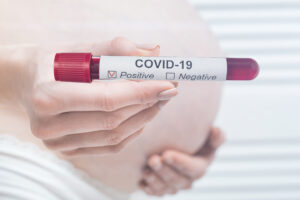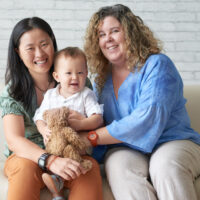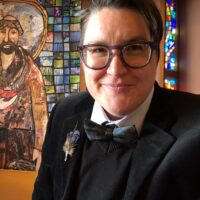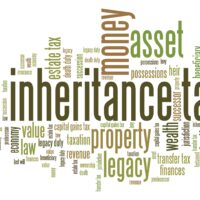
The INTERCOVID Multinational Cohort Study
Key Points
Question To what extent does COVID-19 in pregnancy alter the risks of adverse maternal and neonatal outcomes compared with pregnant individuals without COVID-19?
Findings In this multinational cohort study of 2130 pregnant women in 18 countries, women with COVID-19 diagnosis were at increased risk of a composite maternal morbidity and mortality index. Newborns of women with COVID-19 diagnosis had significantly higher severe neonatal morbidity index and severe perinatal morbidity and mortality index compared with newborns of women without COVID-19 diagnosis.
Meaning This study indicates a consistent association between pregnant individuals with COVID-19 diagnosis and higher rates of adverse outcomes, including maternal mortality, preeclampsia, and preterm birth compared with pregnant individuals without COVID-19 diagnosis.
Importance Detailed information about the association of COVID-19 with outcomes in pregnant individuals compared with not-infected pregnant individuals is much needed.
Objective To evaluate the risks associated with COVID-19 in pregnancy on maternal and neonatal outcomes compared with not-infected, concomitant pregnant individuals.
Design, Setting, and Participants In this cohort study that took place from March to October 2020, involving 43 institutions in 18 countries, 2 unmatched, consecutive, not-infected women were concomitantly enrolled immediately after each infected woman was identified, at any stage of pregnancy or delivery, and at the same level of care to minimize bias. Women and neonates were followed up until hospital discharge.
Exposures COVID-19 in pregnancy determined by laboratory confirmation of COVID-19 and/or radiological pulmonary findings or 2 or more predefined COVID-19 symptoms.
Main Outcomes and Measures The primary outcome measures were indices of (maternal and severe neonatal/perinatal) morbidity and mortality; the individual components of these indices were secondary outcomes. Models for these outcomes were adjusted for country, month entering study, maternal age, and history of morbidity.
Results A total of 706 pregnant women with COVID-19 diagnosis and 1424 pregnant women without COVID-19 diagnosis were enrolled, all with broadly similar demographic characteristics (mean [SD] age, 30.2 [6.1] years). Overweight early in pregnancy occurred in 323 women (48.6%) with COVID-19 diagnosis and 554 women (40.2%) without. Women with COVID-19 diagnosis were at higher risk for preeclampsia/eclampsia (relative risk [RR], 1.76; 95% CI, 1.27-2.43), severe infections (RR, 3.38; 95% CI, 1.63-7.01), intensive care unit admission (RR, 5.04; 95% CI, 3.13-8.10), maternal mortality (RR, 22.3; 95% CI, 2.88-172), preterm birth (RR, 1.59; 95% CI, 1.30-1.94), medically indicated preterm birth (RR, 1.97; 95% CI, 1.56-2.51), severe neonatal morbidity index (RR, 2.66; 95% CI, 1.69-4.18), and severe perinatal morbidity and mortality index (RR, 2.14; 95% CI, 1.66-2.75). Fever and shortness of breath for any duration was associated with increased risk of severe maternal complications (RR, 2.56; 95% CI, 1.92-3.40) and neonatal complications (RR, 4.97; 95% CI, 2.11-11.69). Asymptomatic women with COVID-19 diagnosis remained at higher risk only for maternal morbidity (RR, 1.24; 95% CI, 1.00-1.54) and preeclampsia (RR, 1.63; 95% CI, 1.01-2.63). Among women who tested positive (98.1% by real-time polymerase chain reaction), 54 (13%) of their neonates tested positive. Cesarean delivery (RR, 2.15; 95% CI, 1.18-3.91) but not breastfeeding (RR, 1.10; 95% CI, 0.66-1.85) was associated with increased risk for neonatal test positivity.
Conclusions and Relevance In this multinational cohort study, COVID-19 in pregnancy was associated with consistent and substantial increases in severe maternal morbidity and mortality and neonatal complications when pregnant women with and without COVID-19 diagnosis were compared. The findings should alert pregnant individuals and clinicians to implement strictly all the recommended COVID-19 preventive measures.
The post Maternal and Neonatal Morbidity and Mortality Among Pregnant Women With and Without COVID-19 Infection appeared first on Time For Families.
Source: Time for Families











